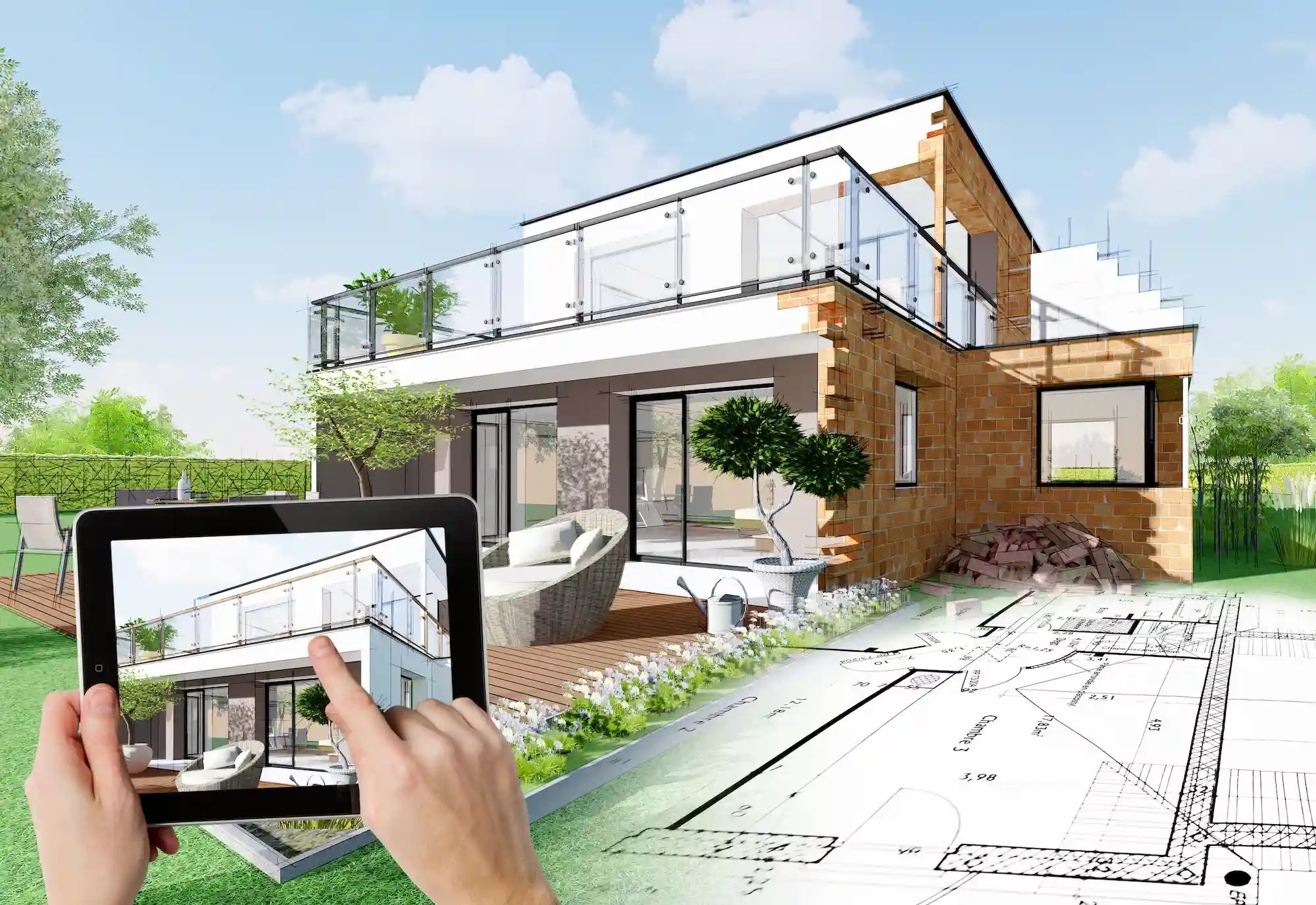Want to buy a new construction home? Here’s what to expect!
 Author: Michael Bernstein
Author: Michael BernsteinPublished:
Being able to own a newly constructed home directly from the homebuilder is many homebuyers’ dream. The homebuyer doesn’t need to worry about wear and tear that happened before your ownership, gets brand new appliances, and can upgrade features in the house to really make it a home for you and your family. While these are amazing benefits, buying a new construction from a homebuilder is a much different process than buying an existing home from a previous owner.
Here’s our guide to help you master the new construction home buying process!
Timeline:
The number one factor in buying a new construction home is understanding your timeline and the construction timeline of your new home. Homebuilders often pre-sell their communities in phases and require a percentage of homes be reserved before building any homes. That means, if you are not able to buy a home already under construction or one that has just finished, you’ll be selecting a lot and the builder will start construction on that lot once the deposit is made and the purchase contract is entered into. If you have a strict deadline to move because of an expiring lease, new job or the start of the school year, it’s important to be aware of the average timelines to construct a home.
Before the pandemic, the average timeline for a homebuilder to construct a home was about 6.5 months, but during the pandemic, this number ballooned as homebuilders are unable to find the materials necessary to build the home. Many individuals buying new construction homes experienced delays as long as 8-10 months from their original scheduled completion date. Supply chain issues are beginning to ease, but the timeline concern should be at the top of your mind when talking to the homebuilder. Questions to consider asking include:
- Are there any homes under construction currently or on the market to sell today?
- Have you experienced recent delays in completing construction? If so, how long has the typical delay been and will my home experience similar delays?
- If there is an extended delay and I decide I no longer want the home, am I able to cancel the contract and receive my earnest money deposit back?
- Do any of the selected home upgrades increase the timeline to complete the home?
Price:
Buying a new construction home can be a lot like buying a new car. Homebuilders often have a variety of models, starting at a base model (i.e., a 2-bedroom, 2-bathroom) all the way up to their top-tier model (i.e., 4-bedroom, 3-bathroom with a terrace and enclosed patio). The homebuilder then allows you, as the homebuyer, to upgrade your model as you wish, whether that’s upgrading your appliances, electrical, flooring, countertops, etc. Building your dream home with all the bells and whistles is fun, but the costs add up quickly! It’s important to stick to your budget.
There are 2 concerns to look out for when buying a new construction home:
- Price Increases: The price you agree to at the time you execute the purchase contract may increase! It is becoming more common for homebuilders to try to add “price escalation clauses” in purchase contracts which allows your homebuilder to cover their increased costs by raising the sale price of your home while under construction. The buyer may have a chance to opt out rather than paying the increase but still may incur significant costs with nothing to show in return. If possible, try to remove this clause from your purchase contract before execution.
- No Price Reduction: On the flip side, the price you agree to at the time you execute the purchase contract may not decrease! The housing market can fluctuate and during the homebuilding process, the market may soften, reducing home prices. If your homebuilder’s community is not sold out, he may be required to reduce his sales price on available homes even though you are locked in at a higher price. Make sure you protect yourself by requiring your homebuilder reduce the price of your home should the homebuilder reduce the prices of similar homes before your home is completed!
Financing:
Because of the long period from execution of the purchase contract to the closing on your transaction, financing a new construction home can be very different from financing an existing home purchase. Many homebuilders, such as KB Homes, DR Horton, Lennar, etc., will try to lure the buyer to use their preferred lender with incentive (or even threats), but that often handcuffs the buyer. It’s important to understand that, as the buyer, you have options! Keeping in mind these key points during the process will help you understand your rights:
1. Is my lender in MY corner?
One of the biggest reasons homebuilders have an affiliated lending relationship is to close whenever the homebuilder is ready, but that doesn’t necessarily mean the home is ready to move into. Having a third-party lender will not only mean you’re getting unbiased advice throughout the process but you’ll also be your home is move-in ready before you’re required to close on the transaction.
2. Am I getting the BEST deal?
Homebuilders incentivize buyers to use their affiliated lender with closing credits and “low rates”. However, in our experience, we are able to meet or beat almost all quotes from those affiliated lenders and our buyers are in a stronger position sticking with us over the competition.
3. Can your lender ACTUALLY close on time?
Unfortunately, not all lenders are built the same and homebuilders experience that firsthand. Many homebuilders, eager to seller, require buyers to pay a penalty if their lender is unable to close on the closing date. This penalty is waived if the lender is the homebuilder’s affiliate lender. It’s important to make sure your lender has a stellar reputation for on time closing, or at the very least, agrees to pay the fee on your behalf should they fail to close when the property is completed and the closing date is scheduled.
Of course, there are other factors to consider when it comes to financing such as: When’s the best time to lock in my interest rate? What kind of loan works best for me and my needs? That any qualified lender will help walk you through regardless of whether you are buying a new construction or existing home.
We hope this guide helps you avoid some of the pitfalls in buying a new construction home. If you want more information on new construction homes, give us a call at 512.881.5099 or apply now, and one of our loan officers will be in touch as soon as we receive the application.

About the Author:
Michael Bernstein
